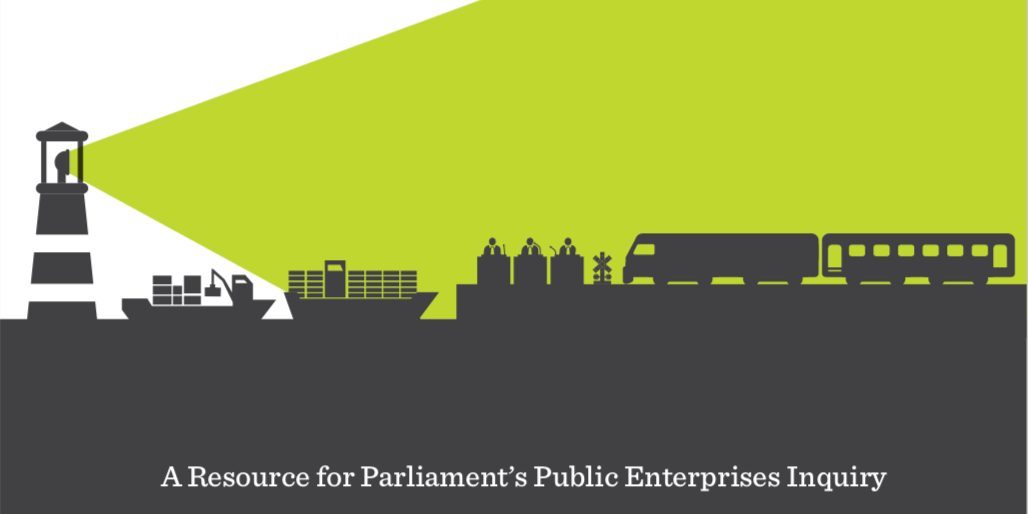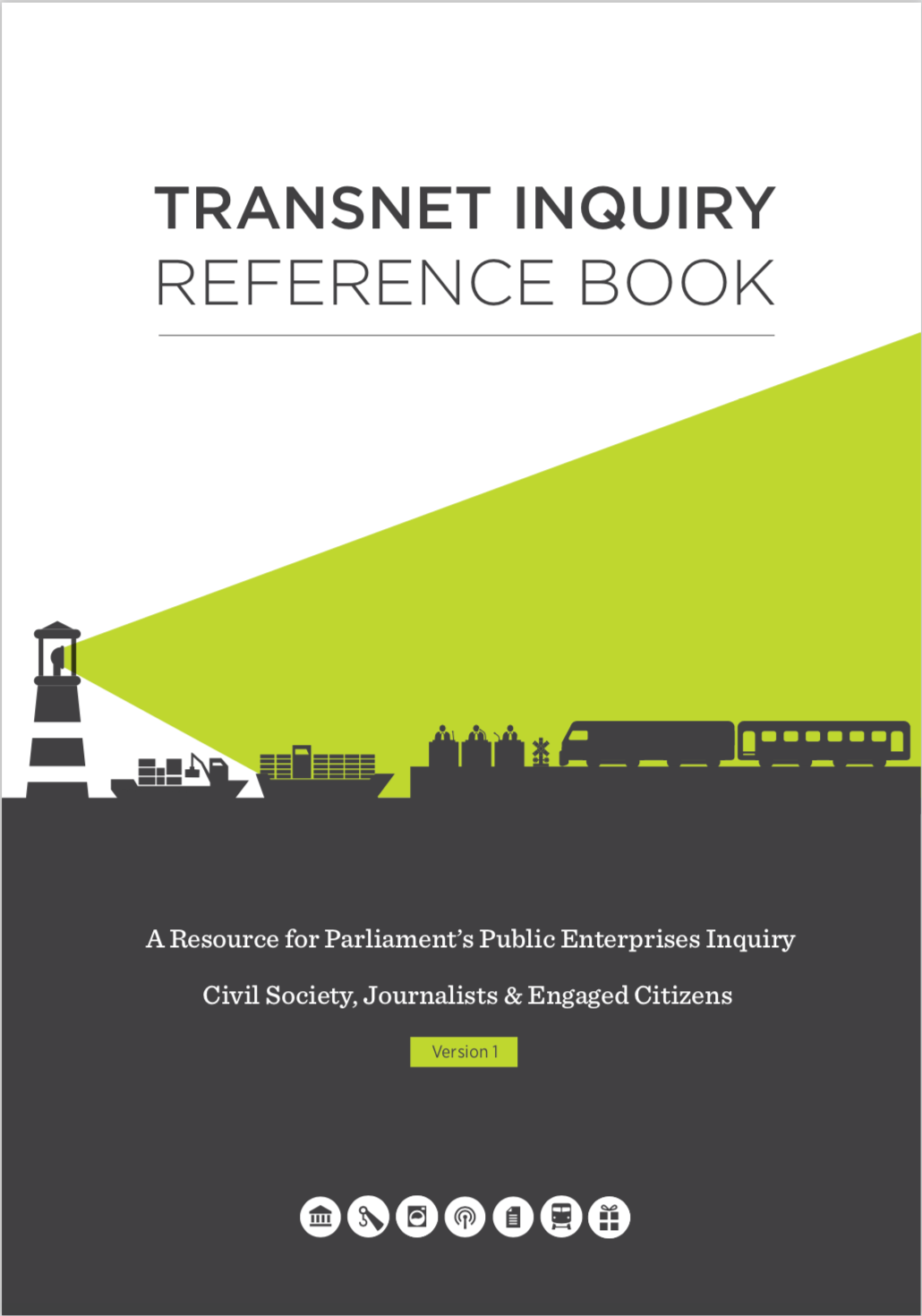Investigating corruption in Transnet
“As this report details, corruption at Transnet has centred largely on procurement, including questionable contracts for port cranes, locomotives, IT services, and advisory, financial management and consulting services. Many of these contracts were awarded by confinement – that is, without a tender. Almost all of the contractors flagged in this report have paid kickbacks to front companies related to the Gupta family. The evidence suggests that payments were often for arranging the contract awards, for assisting to launder monies abroad, or else appear to reflect a business arrangement to share the ‘plunder’.
These corrupt deals have been facilitated by the ongoing, systematic weakening of governance structures within Transnet. The appointments of captured or otherwise inept individuals to boards and executive positions has been exacerbated by the centralisation of power in Transnet – including hiring and procurement powers – within these boards and within the Group executive team. This has been compounded by the outsourcing of elements of internal treasury, audit, enterprise data management and other corporate functions to related network of private firms that were often captured themselves.
Burgeoning costs, arguably propelled by rent-seeking and corruption, have massively increased Transnet’s procurement spend. The impact of state capture – the weakening of treasury and governance functions within the Transnet – has damaged the institution’s ability to effectively deliver on its mandate. The capture of company leadership, who focus more on malfeasance than on steering the company in its interests, has been tremendously damaging. The effects of this on the South African economy and prospects for economic development and transformation hardly need to be stated and reinforce the urgent need for governance and structural reforms at the SOC.”



